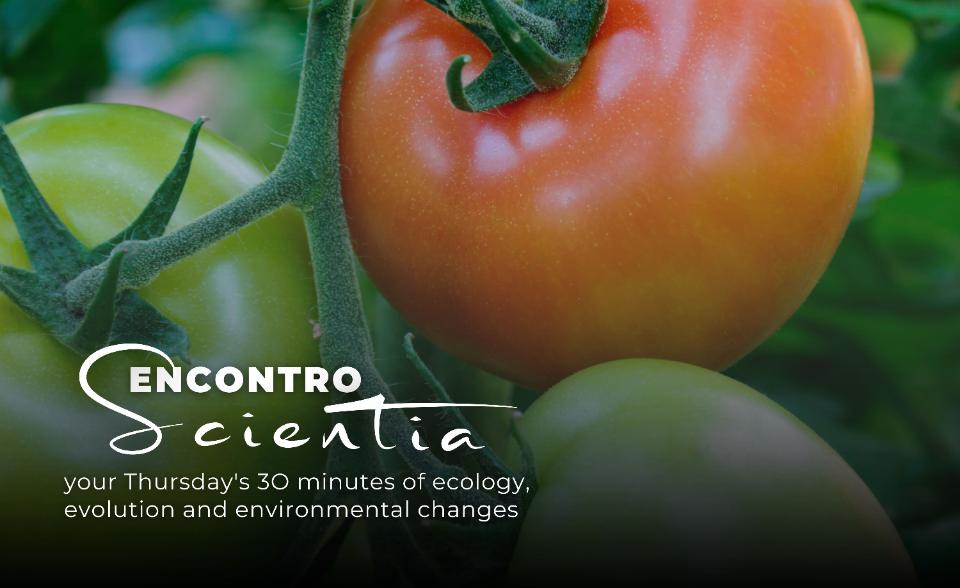-
Date:
04 Apr 2024
-
Location:
Room 2.3.13 - Faculty of Sciences of the University of Lisbon
-
Schedule:
12h00 (Lisbon time)
-
Lecturer or Responsible:
Ana Paula Rosa

Online access • LINK
Password • scientia
It is foreseen that Mediterranean basin will be one of the regions most affected by climate changes, with potential crop losses higher than 40% due to drought. The use of plant growth promoting rhizobacteria (PGPR) able to improve plant tolerance to abiotic stress may be a way to improve agricultural sustainability in the hotter and drier future.
Under drought plants scream for help! Plant roots secrete specific compounds that drive a selective recruitment among native soil bacteria, and this selection improves plant resistance against stressors. To study this we grew tomato plants (Solanum lycopersicum L.) under control and drought conditions and isolated a set of 37 culturable bacteria exclusively present in the rhizosphere of the plants under drought, with all presenting at least one PGPR characteristic and at least one could be potentially described as soil thermophilic bacteria (STB). This observation caught our attention for the potential role of STB on plant tolerance to drought. To clarify it we took the well described STB Parageobacillus thermoglucosidasius 23.6 and looked for signs of its interaction with the plant in rhizospheric conditions.
Noting the existence of biological activity of the STB under those conditions, we inoculated it in tomato plants and grew them under control and drought, in a sterile substrate, and observed that inoculated plants were more tolerant to drought than non-inoculated plants. Now we are repeating the experiment in soil and using chlorophyll fluorescence to detect early signs of drought stress in plants. With this work we aim to contribute to the overlooked ecological role of STB, and call attention for their potential use as biostimulants.

